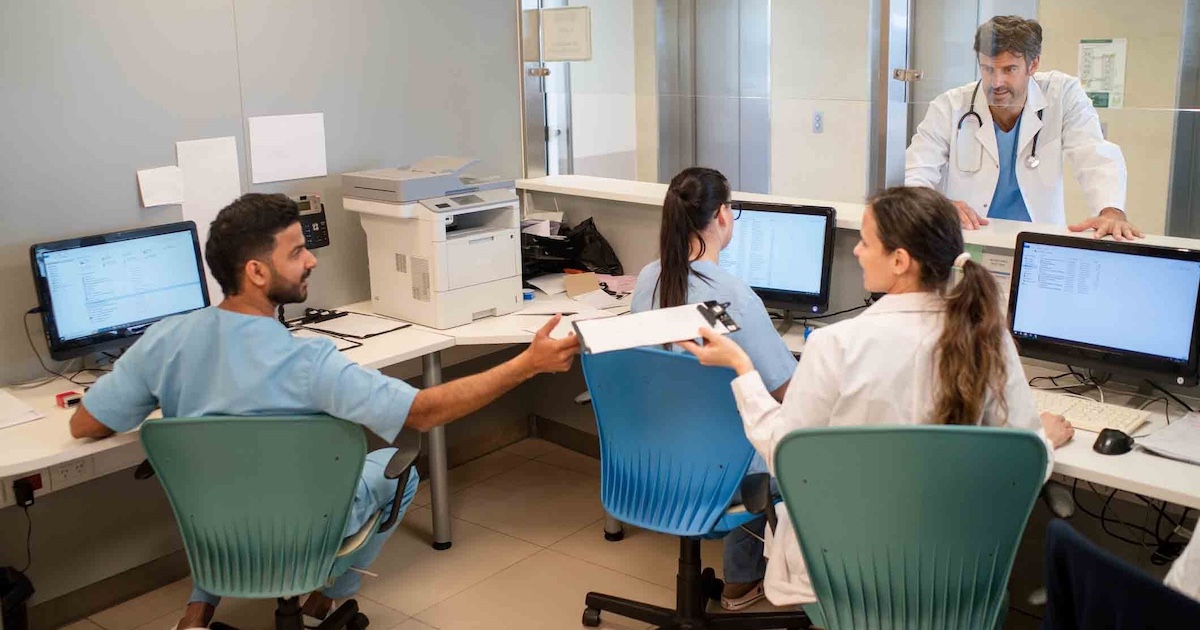Healthcare never stands still. This is particularly true in cancer medicine, where new treatments seem to surface every day, giving patients new hope and keeping providers busy trying to keep up with the advances.
A new series of mobile clinical decision support tools aims to help clinicians stay up to date, offering the latest news on relevant drugs, clinical trials, diagnostics, medical tests and therapies. The apps, part of the CollabRx arsenal, are designed to give clinicians instant access to information that can be used to plan treatments.
Thomas Mika, the San Francisco-based company's president and CEO, tells mHealth News the company draws from a pool of more than 100 cancer specialists to curate the content on its platform. Of particular importance, he says, is information on genetic and molecular markers – some 400 genes have already been identified by scientists as being implicated in cancer, involving thousands of variants, and the work of mapping and manipulating them comprises some of the most promising and fastest-moving therapies.
Because of that fast pace, Mika said, "you find that the normal oncologist isn't going to know about all this information. We have a challenge ahead of us to educate physicians about how much this field is changing."
Some 50,000 to 60,000 genetic tests for cancer were conducted last year, according to Mika. At the same time, 1.8 million people in the United States alone were diagnosed with cancer, about half of which "have passed beyond what is the so-called standard of care" and need more complex treatment. Those numbers tell Mika that many physicians – and their patients – aren't getting the information they need to explore all the options for cancer treatment.
CollabRx currently offers CancerRx apps for lung cancer, melanoma, metastatic breast cancer and colorectal cancer. Users (Mika points out that some patients are downloading the app as well) can research new drugs or therapies based on tumor profiles, identifying the most relevant clinical trials that offer investigational therapies. They can also pore through the latest published clinical findings.
"We're really talking about patients who have no other alternatives," he said. And to the roughly 40,000 oncology professionals in the United States, he said, the information offered on the CancerRx app might literally be life-saving.


